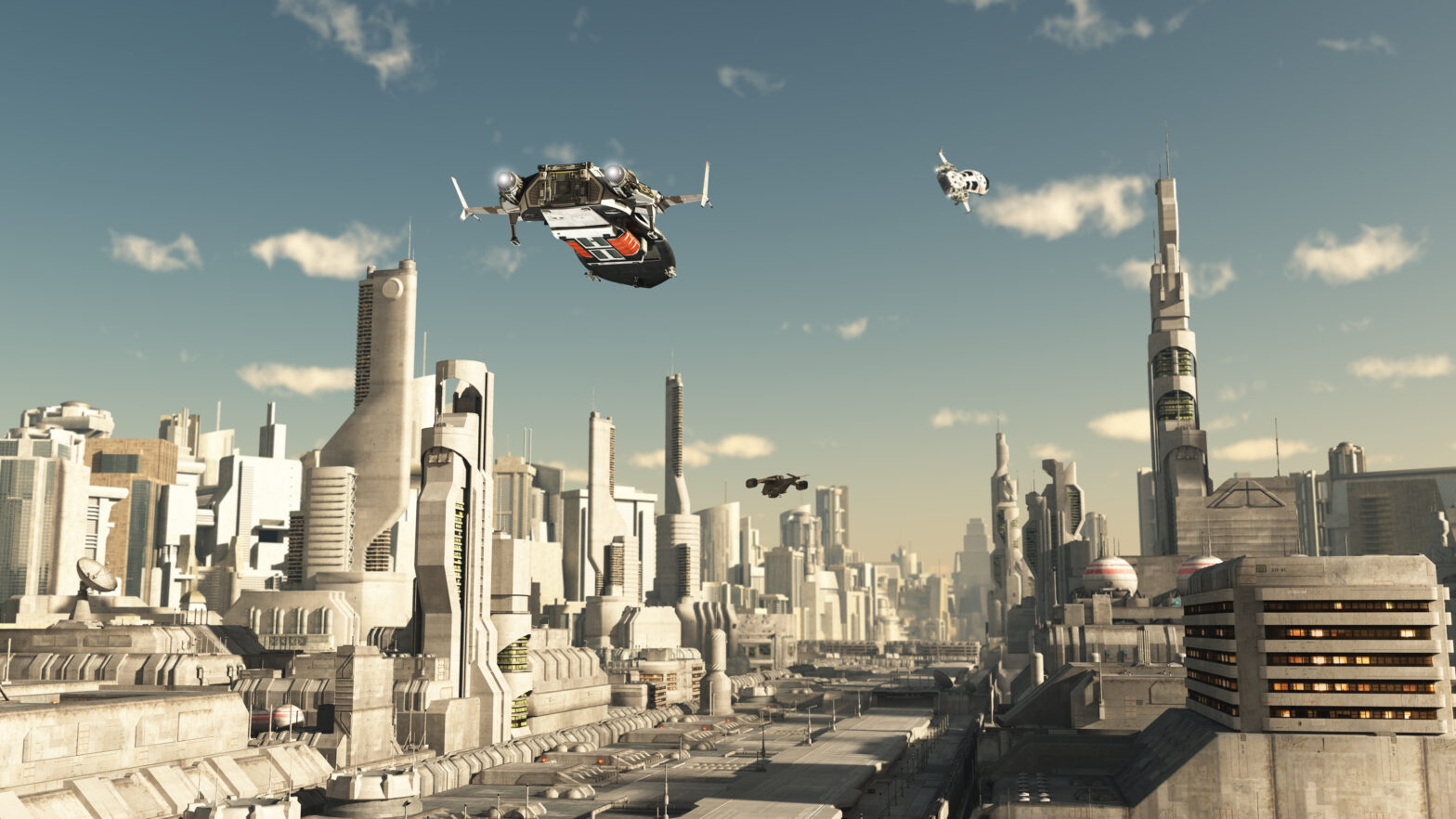The way people get from A to B is changing fast. Innovation in public and private transport that was once confined to science fiction and ‘Tomorrow’s World’ episodes has already arrived.
Rapid developments in automation, the proliferation of the Internet of Things (IoT), and increasingly omnipresent cloud-based software are already shaping travel experiences, and the next decade will no doubt see further shifts in the transport paradigm. Before long, drone delivery will be the norm, cars will know where to park on city visits (if the public don’t fancy the flying bus that is) and the next holiday on the calendar might be to space instead of Spain.
>See also: A new kind of transport using electromagnetic technology
Here are just four ways technology will enable transport overhauls in the not too distant future.
A smart car for a smart city
Mobility is fast becoming a service, something to be ordered online or via a smartphone as much as it is to hop in a car and drive. Taxi services like Uber hint at the increasing commodification of transportation; even if people prefer driving themselves.
Instead of the relative expense of owning and maintaining a car, individuals will rent cars for a day trip, even for just a few hours. Much like bicycle hire in major European cities, in the future you will be able to pick up your car from one location and drop it off at another.
>See also: Smart analytics improving transport and logistics sector
Cloud development also promises to unravel the inner city driving environment, saving time for drivers and the environment too; a variety of apps allow IoT-enabled parking spaces to be flagged to cars, which can then calculate the most efficient route there. A higher degree of autonomy in vehicles will also reduce accidents and generate millions for the automotive industry.
Droning on
People think of drones typically in the context of the military or fancy gadgets for civilians. However, they present a viable option for commercial delivery, as well as fulfilling emergency capabilities like transporting blood for transfusions.
Drones are cheaper than standard ‘shoebox’ deliveries by a significant factor, and don’t have to contend with road congestion. With the Unmanned Ariel Vehicle (UAV) market set to be worth more than £5 billion by 2020, the impact of drones on logistics is clearly one that will streamline the transport of product from retailer to consumer.
>See also: How mobile technology is transforming local transport in Brazil
Flying visits
Flying cars aren’t a particularly novel idea, but for the first time their presence is probably closer to reality than fantasy. Although it may sound like a dramatic way to beat the traffic, developments in object recognition, propulsion and new lightweight materials make exciting news for flying enthusiasts.
There are undoubtedly plenty of stumbling blocks to the implementation of airborne cars in the current road networks of global cities, but rapidly adaptable tech will help to smooth the path.
Space: the previous frontier
Consumer space flight is possible, and, increasingly, probable. Providers like Virgin and XCOR are commercialising luxury trips to space, and though currently limited to the super wealthy, the technology behind the service will become cheaper, and therefore more widely available, in years to come.
>See also: Now even buses are redefining smart-thinking cities
It may not be easy to pinpoint when exactly these changes, and the myriad of others offered by the emergence of enabling technology, will be seen in our day-to-day lives. But it most certainly is just a question of ‘when’, rather than ‘if’.
As interconnectivity blossoms in the world around us, the power of technology is going to carve out a path in the transport space. Whether it’s planes, trains or automobiles that lead the way, A to B will never be the same again.
Sourced by Jaroslaw Czaja, CEO of Future Processing
The UK’s largest conference for tech leadership, Tech Leaders Summit, returns on 14 September with 40+ top execs signed up to speak about the challenges and opportunities surrounding the most disruptive innovations facing the enterprise today. Secure your place at this prestigious summit by registering here










